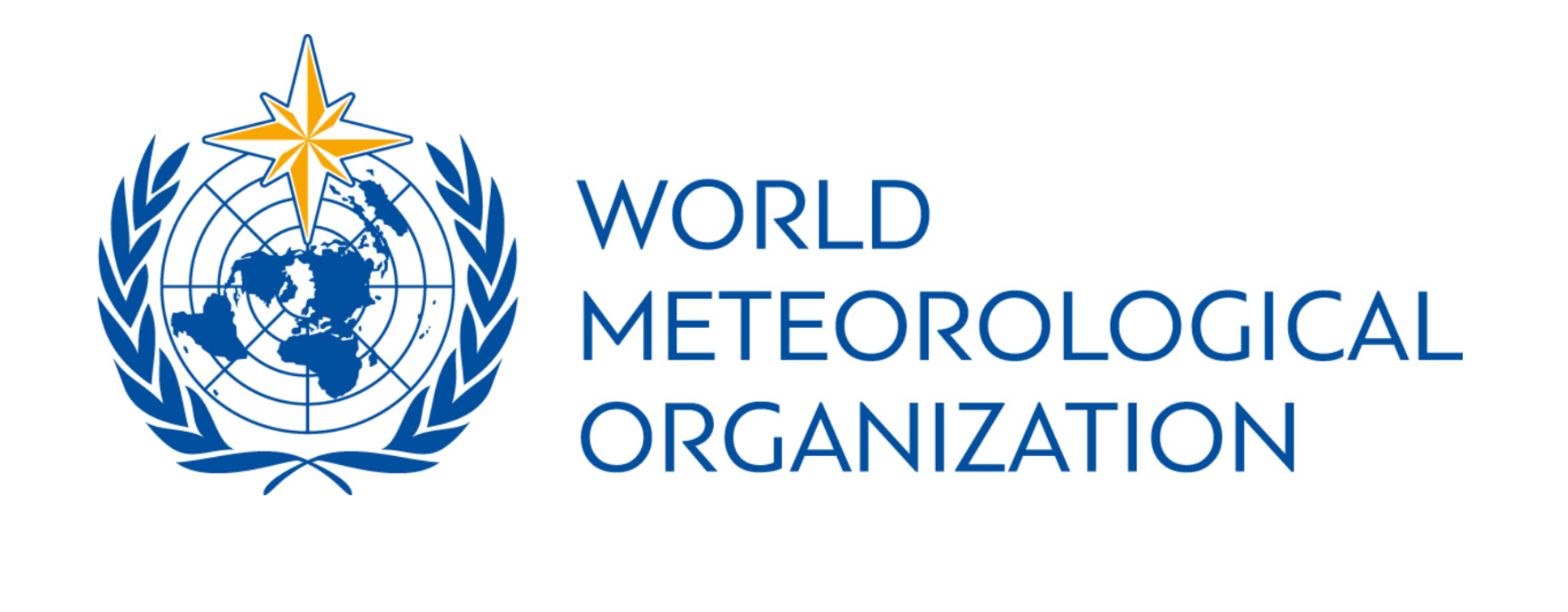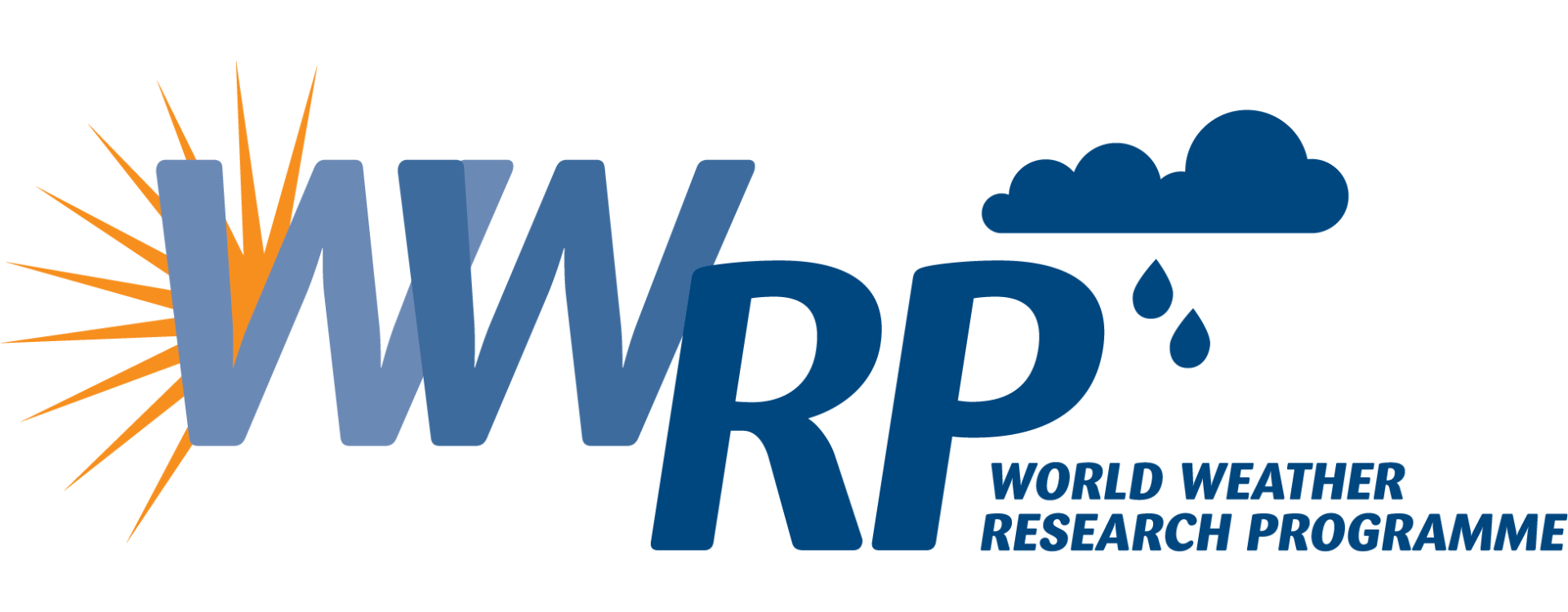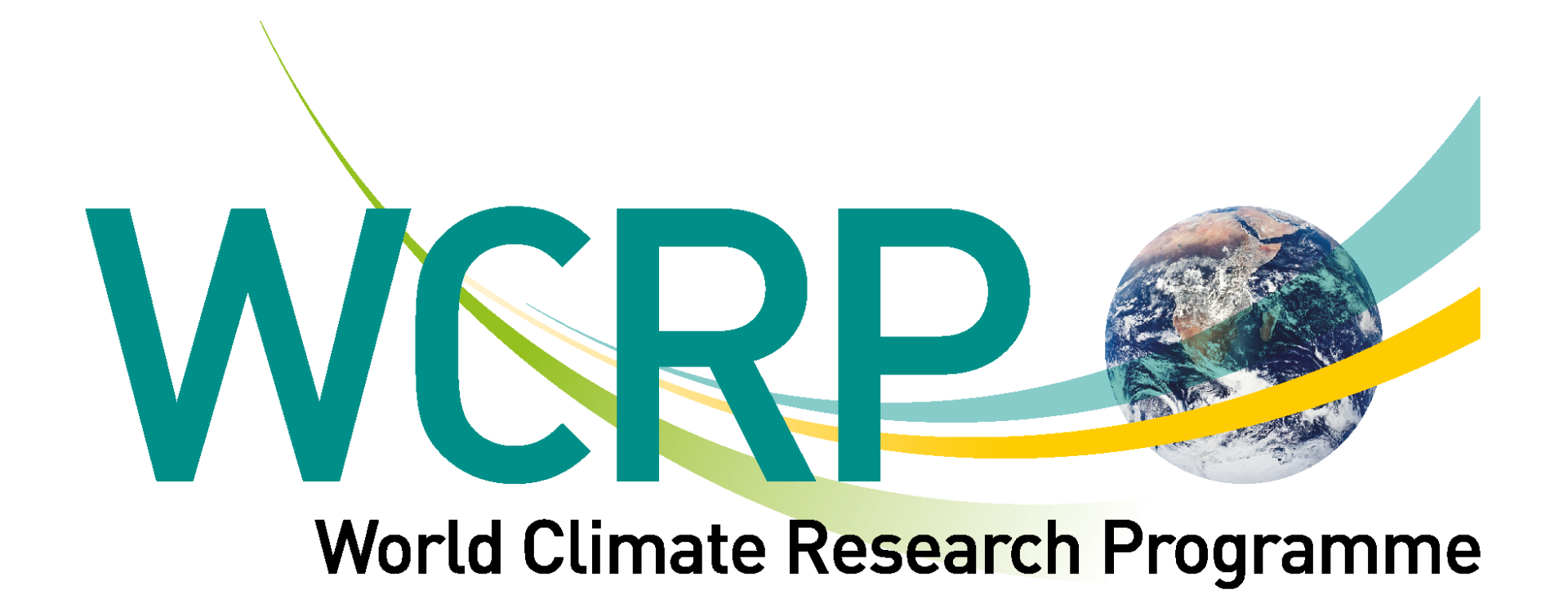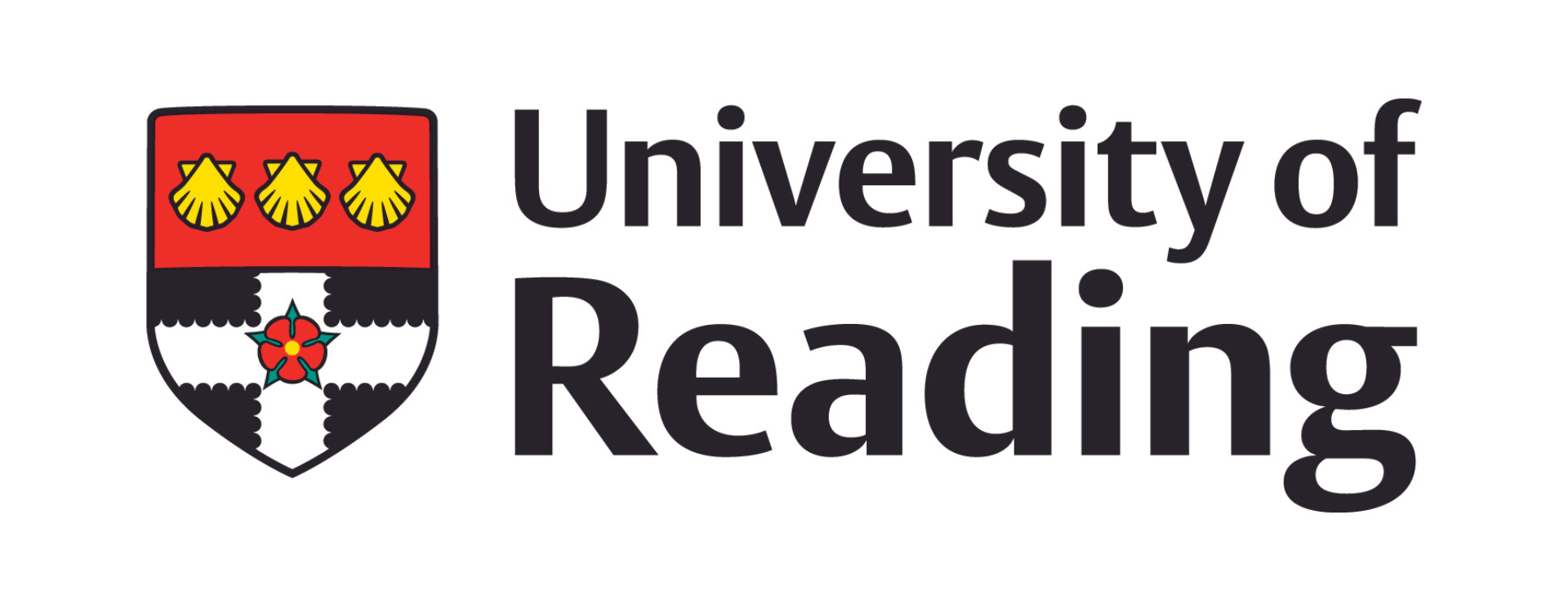Abstract ID: 065
Progress and Challenges of Demand-Led Co-Produced Sub-Seasonal-to-Seasonal (S2S) Climate Forecasts in Nigeria
Lead Author: Kamoru Abiodun Lawal
African Centre of Meteorological Applications for Development (ACMAD), Niger Republic
Keywords: Climate, Co-production, Forecast, Nigeria, S2S
Abstract: This paper identifies fundamental issues which prevent the effective uptake of climate information services in Nigeria. We propose solutions which involve the extension of short-range (1 to 5 days) forecasts beyond that of medium-range (7 to 15 days) timescales through the operational use of current forecast data as well as improve collaboration and communication with forecast users. Using newly available data to provide seamless operational forecasts from short-term to sub-seasonal timescales, we examine evidence to determine if effective demand-led sub-seasonal-to-seasonal (S2S) climate forecasts can be co-produced. This evidence involves: itemization of forecast products delivered to stakeholders, with their development methodology; enumeration of
inferences of forecast products and their influences on decisions taken by stakeholders; user-focused discussions of improvements on co-produced products; and the methods of evaluating the performance of the forecast products.
We find that extending the production pipeline of short-range forecast timescales beyond the medium-range, such that the medium-range forecast timescales can be fed into existing tools for applying short-range forecasts, assisted in mitigating the risks of sub-seasonal climate variability on socio-economic activities in Nigeria. We also find that enhancing of collaboration and communication channels between the producers and the forecast product users helps to: enhance the development of user-tailored impact-based forecasts; increases users’ trusts in the forecasts; and, seamlessly improves forecast evaluations. In general, these measures lead to more smooth delivery and increase in uptake of climate information services in Nigeria.
Co-authors:
Eniola Olaniyan – Numerical Weather Prediction Unit, Nigerian Meteorological Agency, Abuja, Nigeria
Ibrahim Ishiyaku – Numerical Weather Prediction Unit, Nigerian Meteorological Agency, Abuja, Nigeria
Linda C. Hirons – National Centre of Atmospheric Science (NCAS), University of Reading, Reading, United Kingdom
Elisabeth Thompson – National Centre of Atmospheric Science (NCAS), University of Reading, Reading, United Kingdom
Joshua Talib – U.K. Centre for Ecology and Hydrology, Wallingford, United Kingdom
Victoria L. Boult – National Centre of Atmospheric Science (NCAS), University of Reading, Reading, United Kingdom
Stephen Bunmi Ogungbenro – Department of Meteorology and Climate Science, Federal University of Technology, Akure, Nigeria
Imoleayo Ezekiel Gbode – Department of Meteorology and Climate Science, Federal University of Technology, Akure, Nigeria
Vincent Olanrewaju Ajayi – Department of Meteorology and Climate Science, Federal University of Technology, Akure, Nigeria
Emmanuel Chilekwu Okogbue – Department of Meteorology and Climate Science, Federal University of Technology, Akure, Nigeria
Elijah A. Adefisan – Department of Meteorology and Climate Science, Federal University of Technology, Akure, Nigeria
Victor S. Indasi – African Centre of Meteorological Applications for Development (ACMAD), Niamey, Niger
Lorraine Youds – National Centre of Atmospheric Science (NCAS), University of Leeds, Leeds, United Kindom,
Elias Nkiaka – Department of Geography, University of Sheffield, Sheffield, United Kingdom
Dáithí A. Stone – National Institute of Water and Atmospheric Research, Wellington, New Zealand
Richard Nzekwu – International Fund for Agricultural Development, Climate Change Adaptation and Agribusiness Support Programme, Katsina, Nigeria
Olusegun Folorunso – Department of Computer Science, Federal University of Agriculture, Abeokuta, Nigeria
John A. Oyedepo – Institute of Food Security, Environmental Resources and Agricultural
Research, Federal University of Agriculture, Abeokuta, Nigeria
Mark G. New – African Climate and Development Initiative, University of Cape Town, Cape Town, South Africa
Steve J. Woolnough – National Centre of Atmospheric Science (NCAS), University of Reading, Reading, United Kingdom







